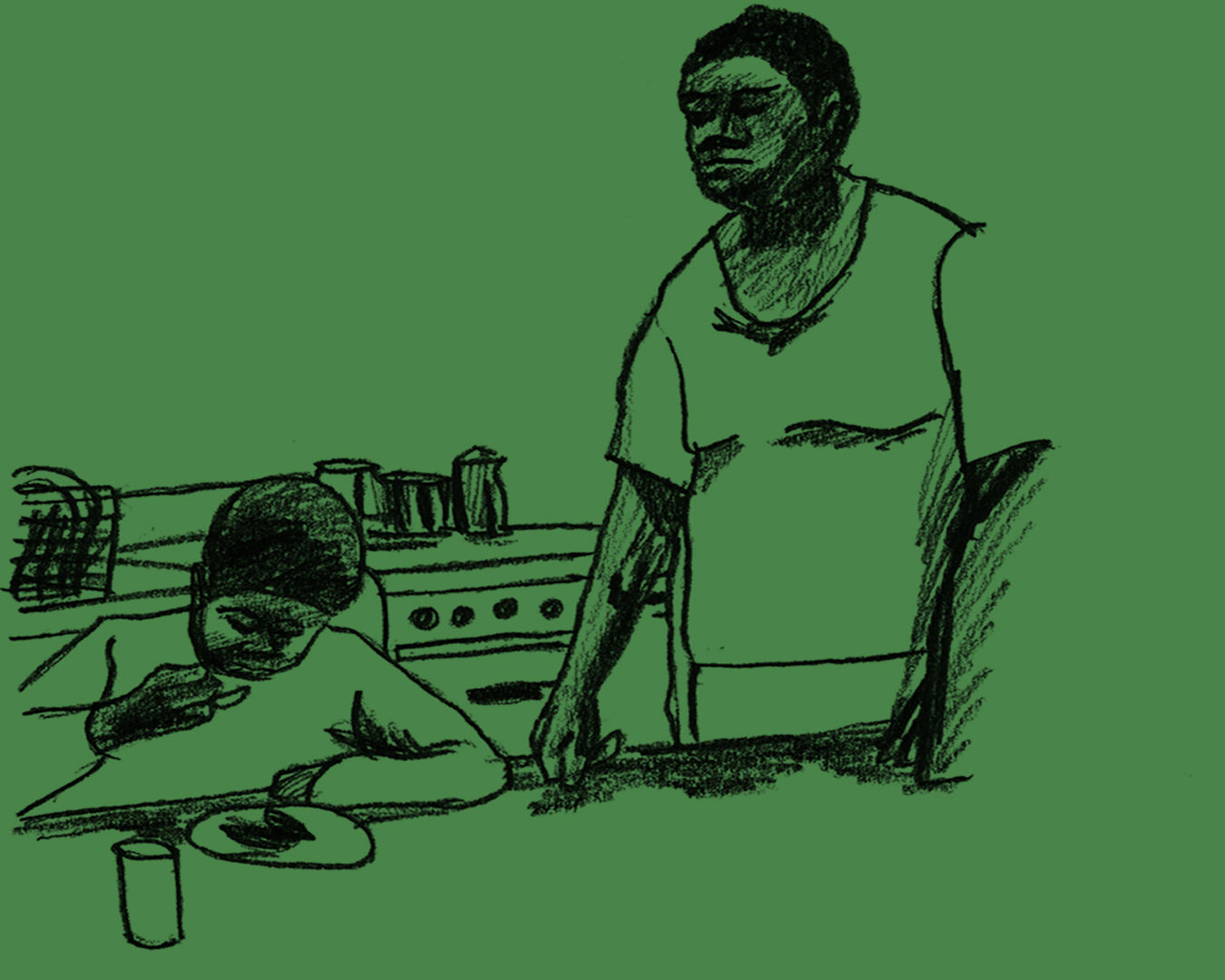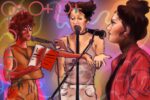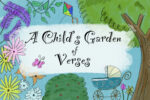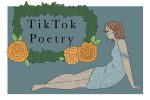Much like novels, poetry has the power to transport readers to a different time or a familiar place. A successful poem gives you a rush of emotion, and leaves you pondering its meaning long after you’ve finished reading it. Classical poets like John Keats leave you musing romantic ideas of death in “Ode to a Nightingale” and contemporary writers like Rupi Kaur empower you to reclaim your self-worth in “Milk and Honey.” Poet Jericho Brown manages to blend the old with the new in his third poetry collection, “The Tradition.”
The newest compilation by Brown is one of the most alluring additions to the poetry genre to come out this spring. From the stunning cover art by Lauren “Ralphi” Burgess, to the use of the duplex form, an invention of Brown’s, the book stuns as a work of both traditional and contemporary writing.
Brown, an associate professor at Emory College of Arts and Sciences, is not a stranger to the world of writing. He has two previous publications: “Please” and “The New Testament,” which have won the American Book Award and the Anisfielf-Wolf Book Award, respectively. His writing has appeared in multiple publications, ranging from Buzzfeed to The New Yorker.
Despite its soft-toned cover, “The Tradition” covers a variety of themes, such as racism, violence, sexuality and the discovery of oneself. Ultimately, however, “The Tradition” is about the corruption of society and the blissful ignorance society chooses to adopt. Brown encourages readers to answer the following, extremely difficult question: What happens to you, as a member of society, when you turn your cheek to ugliness because it’s the easier thing to do?
The Evils of Society
In an interview with Michael Dumanis, editor of The Bennington Review, Brown clarified the meaning of his work. “‘The Tradition’ is ultimately about evil and the normalization of evil,” he said. “I was thinking of the ways we are complicit in the same evils, the way I am complicit.”
The confrontation of these ideas can be seen in a variety of poems, which are divided into three sections. One in particular, “Entertainment Industry,” discusses America’s gun-control issue. In the poem, Brown writes: “Scared to see a movie / All the way through / I got to scream each scene / Duck and get down / Mass shooting blues.” The rhythm of the piece coincides with a blues piece, which is appropriate for such a dark topic.
When you’re reading the poem, you recognize that the topic is a dire one that no longer feels as alarming as it should. Why is this? The truth is that the normalization of shootings in America, the normalization of Brown’s stated evils, are as invisible to us as they are normal to hear. When things are normalized, Brown argues, not feeling anything is just as bad as committing the deed itself.
One of the his more popular poems takes on the title of the collection. “The Tradition” invokes the victims of the young black men and women who have been victims of police brutality. Brown begins the piece with the names of flowers and ends it with the names of John Crawford, Eric Garner and Mike Brown.
Brown writes:
“Men like me and my brothers filmed what we
planted for proof we existed before
too late, sped the video to see blossom
brought in seconds, colors you expect in poems
Where the world ends…”
“The Tradition” refers directly to specific victims of police brutality, but there’s something more to the way it’s structured and written. The poem compares these dead men to colorful flowers, which is unexpected of poems about destruction. It’s haunting that the title of this piece suggests that the murder of black men has become traditional, but this is how Brown grabs your attention.
The Duplex
A few poems in “The Tradition” are written in the duplex form. If you’re not familiar with this term, it’s probably because your high school English teacher didn’t cover poem structures thoroughly in class.
Describing the form as a mutt, Brown comments on how: “The sonnet’s been pushed down [his] throat the entirety of [his] life … I need to be a rebellious human being because I’m black and gay in this nation and in this world which has not been good to me or anybody like me.” That being said — what is it?
Essentially, a duplex poem blends the structures of a traditional sonnet, a ghazal and the blues. In Brown’s own words, the duplex “is a form of repeating lines, where the poem’s first line is going to also be its last line.”
In the second section of the book, “Duplex,” titled after its form, provides an example of Brown’s invention.
“I begin with love, hoping to end there.
I don’t want to leave a messy corpse.
I don’t want to leave a messy corpse
Full of medicines that turn in the sun.
Some of my medicines turn in the sun.”
The duplex requires this repetition, which gives the poem a sense of musicality and desperation. Because the form “depends on variation in order to have ant progression,” the repetitive lines recur until the poem’s end, progressing the poem until we reach that final familiar line.
As a whole, “The Tradition” speaks to this quick progression. Each poem latches onto the next, starting a conversation between readers and the text about politics and social commentary.
Brown’s Message
Much like its creator, “The Tradition” is bold, bright and enthusiastic about the awareness of change. Brown’s social media is filled with scrollable positivity and encouragement for writers and black Americans.
“The Tradition” is a wake-up call to citizens who prefer to be passive, warning that this is just as harmful as being a perpetrator of evil. Making a change, no matter how small it may be, is what “The Tradition” advocates for.
When asked about the effect his writing has on readers, Brown said, “I don’t just need you to cry. I need you to change. And so when I say ‘move’ I do want you, yes, to be moved emotionally. But I also want you to move your feet, move your body.”
“The Tradition” provokes thought about our current justice system, and will eventually inspire action.
















